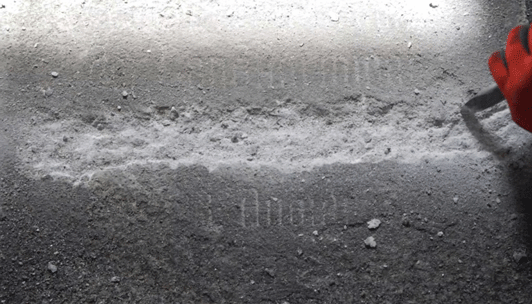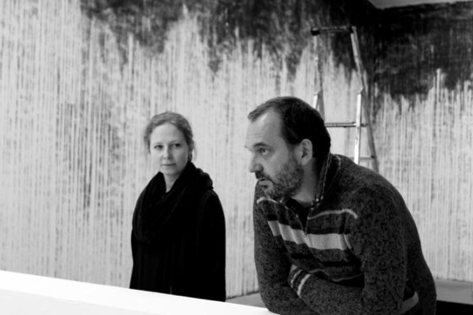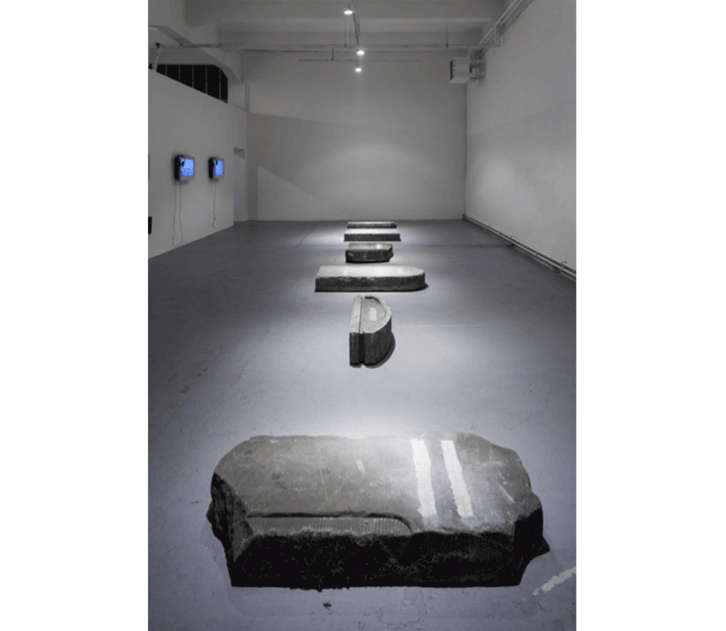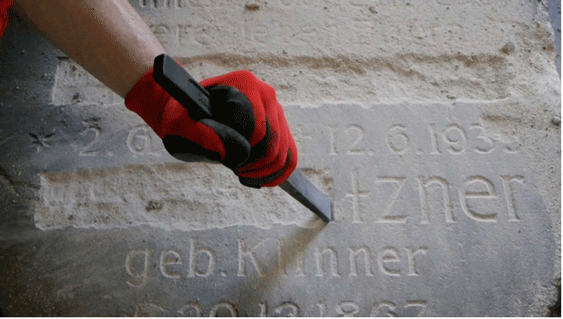If you visit the Polish city Wrocław today, with its colourful houses and famous market square, you will never guess the turbulent history the city has gone through.
Throughout the centuries, Wrocław has changed its national status over five times, and has been Polish since 1945. Before 1945, the end of WWII, Wrocław was German and called Breslau.

However, you don’t need to be an expert in history to know why Poland was occupied by Germany in the 1940s. Considering its dark past, the city of Wrocław is today a city of change and a symbol of the United Nations Sustainable Development Goal (SDG) for Peace, Justice and Strong Institutions, especially after the horrible acts and atrocities committed by the Nazi regime against Jewish people in Poland, as it strives for a safe and sustainable future.
The importance of the SDG’s values for peace and the processing of Poland’s challenging past are both on the mind of Polish artist Artur Zmijewski.

Zmijewski was born in 1966, and after studying at the Warsaw Academy of Fine Arts, he made it his mission to process Poland’s occupation and the cruelties of Nazis in Poland with his art. Some of his exhibitions have already caused controversy in the past, especially his 1999 work Berek (The Game of Tag), which depicts nude adults playing tag in the gas chamber of the Stutthof concentration camp. Zmijewski’s art always focuses on trauma, the boundaries of taboos, social processes, the other side of “normal”, and therapeutic situations.
His 2016 piece Erasing is one of such therapeutic situations. One of his more recent installations, it includes seven gravestones from removed or demolished German cemeteries in Wrocław, Poland. Next to the gravestones play six videos in colour and sound, two to three minutes each.

Erasing references the “de-Germanisation” of Wrocław in the 50s and 60s — the process in which all remains of the German past are removed from the city, which once even had a German name.
“It was even more than revenge, forgetting or ethnic cleansing; it was a demonstration of universal hate towards German nation — including previous generations (it happened after the extremely brutal war initiated by Nazi Germany) and creation of a new terra intacta to be colonized without shame,” described Zmijewski of the process. “All individual connections were cut.”
The German graveyards were removed, and the gravestones used to build parks, repurposed in Polish graveyards, or used as construction material to rebuild cities demolished in the war. The brutality with which the past and its cruelties were erased was a break free, or even an act of revenge, for the Polish population from the cruel past of the Nazi occupation. But there were also graves of people born long before the Nazi regime began who had nothing to do with their crimes against humanity, who were innocent.

Zmijewski was able to get hold of some of these abandoned gravestones and erased the names on them. He wanted to showcase the process of forced forgetting and hatred, and express the need for remembrance by using the appropriation of the brutality of erasure of history in the form of these grave stones.
Erasing shows how thin the lines are between right and wrong, retribution and forgetting, and how fast revenge can turn into raging hate against innocence.
Some people could still argue that Zmijewski’s erasure of names from gravestones is weird, or even disrespectful. However, his act of erasure has to be seen in another perspective. Erasing the names from these historical stones symbolises their history, revealing how these people were erased for having the same nationality of people who committed horrible crimes. It shows how fast hate can turn and lead down a dark route, as well as the need for remembrance and learning out of our ancestors' mistakes, rather than try to ignore them.
Zmijewski clearly illustrates this message, as in the act of removing the names from the stones, he keeps them alive in the videos next to them.
It is important that we remember the past, learn from mistakes of our ancestors and use this knowledge to make sure these mistakes, especially the hideous crimes of Nazi Germany, will never happen again — to ensure a peaceful world for everyone.
Rest in Peace:
Carl Buchwald (1851-1929) 2:17 min Frantz Fitzner (1837-1939) 2:58 min Fritz Lauterbach (1896-1918) 2:59 min Ida Fruchauf (1852-1924) 2:47 min Max Trunk (1890-) 3:19 min Moritz Altman (1846-1905) 3:41 min
